Mass Audubon Empowers the Next Generation of Climate Leaders
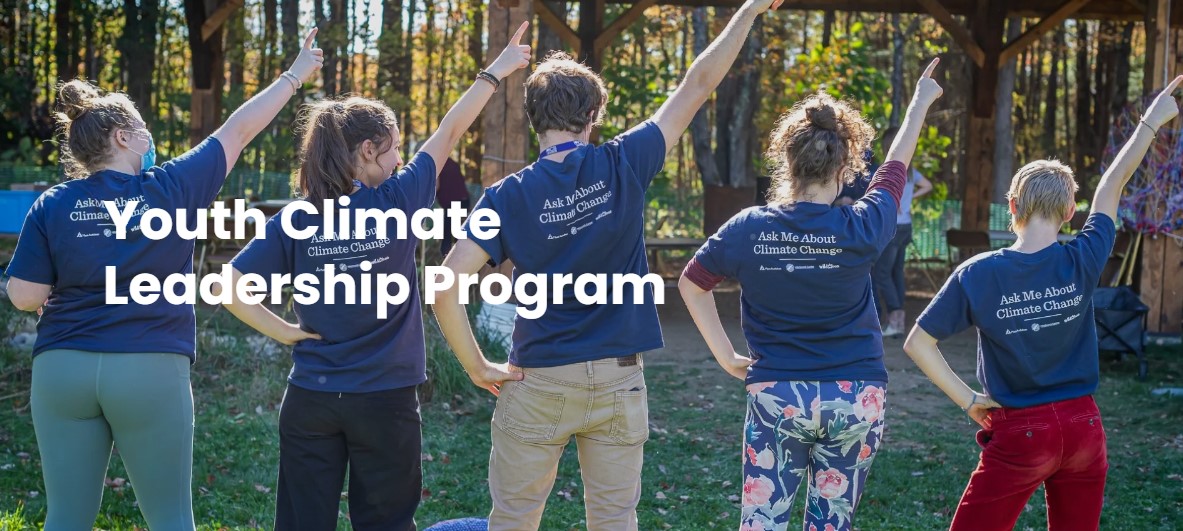
About Mass Audubon
For more than 125 years, Mass Audubon has connected the people of Massachusetts with nature through land conservation and advocacy. With more than 160,000 members and 41,000 acres of protected land, it is the largest nature conservation organization in New England. While well-known for wildlife sanctuaries, Mass Audubon also supports community engagement and awareness in urban areas by supporting climate education, biodiversity, public health and establishment of green spaces. Recognizing the ability for people and nature to have a mutually positive impact, the organization finds ways to bring them together.
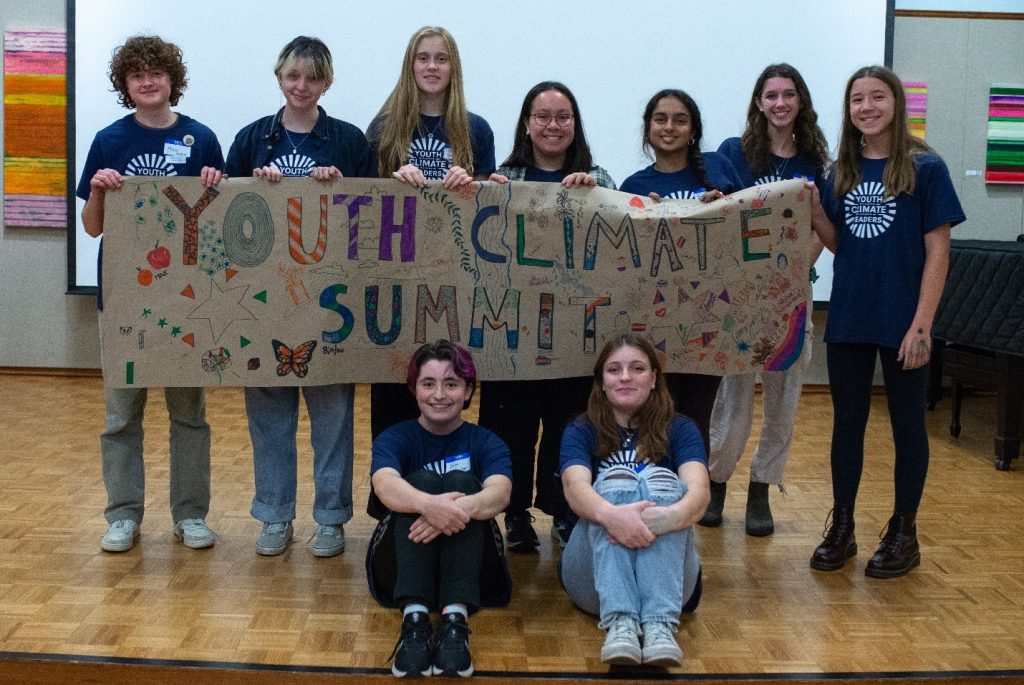
Asked to summarize their mission, Brittany Gutermuth, Mass Audubon’s Climate Change Education Program Manager, responded with the following question: “How can we engage people through the land for the land?”
In her role, Gutermuth supports one of Mass Audubon’s key youth engagement initiatives, the statewide Youth Climate Leadership Program (YCLP).
Youth Climate Leadership Program Overview
In its eighth year of operation, YCLP equips students to lead climate action in their communities. The program comprises nine active regional planning teams, each with five to ten youth leaders and an adult mentor. Regional teams center their work around yearly climate action projects in their schools or communities.
Additionally, each team organizes a regional summit based around a theme, welcoming students from other regions to learn and share with their peers. Teams across the state stay connected through monthly check-ins and annual retreats held virtually and in person. At the end of the year, students share what they have accomplished through Youth Climate Showcases.
The program continues to grow, and these regional summits and showcases also serve as an excellent point for recruitment. As new students join their friends for the event, they often seek to get more involved in YCLP. Additionally, the program works closely with teachers and schools across the state, connecting with extracurricular green teams and environmental clubs to support each other’s work. To engage younger students in climate action, Mass Audubon has a “Little Leaders” program for students ages 11-12, which often provides a pathway to join YCLP.
Climate Action Projects
Climate Action projects span interest areas and backgrounds. Since students spend much of their time in school, many projects start by focusing on inefficiencies in their school’s facilities or operations. For example, one team partnered with a local organization to improve energy efficiency in their school, replacing inefficient light bulbs and faucets, installing smart strips, and adding lighting timers. Other groups are also looking to support the installation of solar panels at their schools.
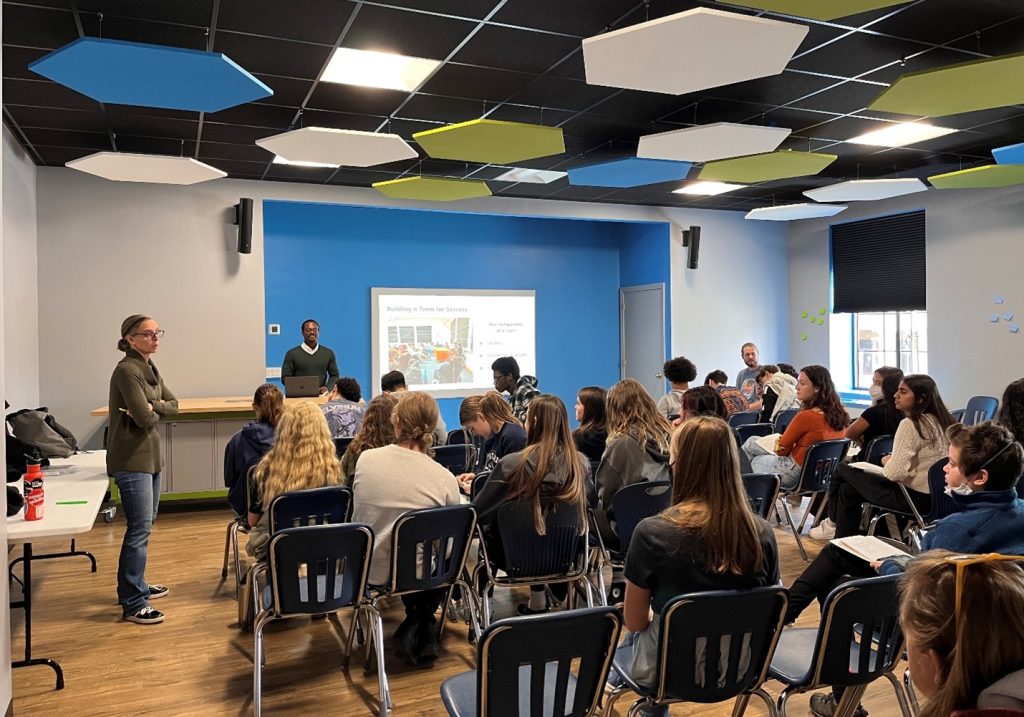
To support more sustainable decision-making, students have held events like clothing swaps or Styrofoam recycling drives to fundraise for water bottle filling stations. Often, the cafeteria is a valuable starting point through food-sharing programs, composting projects, or eliminating plastic utensils.
Many projects start small and can grow to a community scale or beyond. Beyond shaping policy and operations within their schools, students are making their voices heard on a larger stage.
Advocacy and Policy
Through engaging in policy conversations, YCLP projects are working to build trust between politicians and students. The Cape Cod team held a mock town hall as part of their summit, inspiring a team to attend an actual town hall meeting and advocate for energy efficiency. The Fall River YCLP group recently went to the state house to meet with representatives, advocating for community access to the Taunton River.
Mass Audubon and YCLP partner with community organizations to uplift relevant legislation. Recently, in partnership with Our Climate, they helped advocate for an interdisciplinary climate education bill focused on expanding interdisciplinary, solutions-oriented curriculum across the state. Another bill, initiated by the Springfield Climate Justice Coalition, seeks to place a moratorium on new gas systems in Massachusetts.
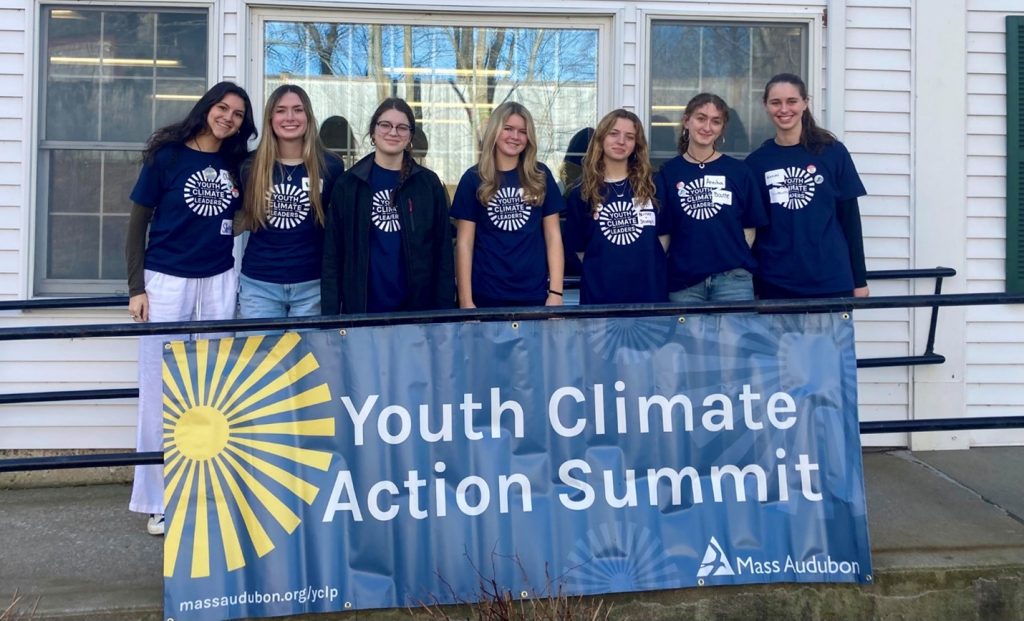
Several YCLP students have also taken the knowledge and advocacy skills from the program to participate in the Governor’s statewide Youth Council and Climate Council.
An Interdisciplinary Approach
When discussing climate solutions, the perspective of young people is invaluable. While many students continue to be involved in climate work after their time in the program, many also apply the skills they have learned within their different interests and backgrounds. For example, a film student incorporated what they learned about climate advocacy and action into their college work, and another student went on to combine their environmental passion with their love of drama with climate-themed theater.

Ollie Perrault, a high school junior, Youth Climate Leadership Representative with Mass Audubon and avid writer, has been working with YCLP since she was 11 years old.
While young people are energetic and inspired to take climate action, Perrault feels that many are also quite angry – feelings she believes go hand-in-hand when taking climate action.
According to Perrault, climate solutions are intersectional. She has discovered this through writing and topics such as social justice and environmental studies, which she bridges with her love for poetry and her passion for the environment. She intends to carry on these passions in her future college career.
Perrault found herself bridging parts of her life and her writing as she got more involved in climate action. She has discovered that climate poetry allows her to connect with a bigger audience and make her message more powerful by reading these works at rallies and workshops. She continues to weave together the human experience shared through writing, art, music, and humor that appeals to people and ignites action in ways that traditional climate communication hasn’t been able to.
In 2022, Ollie was selected for the Boston Celtics “Heroes Among Us” Award for her work in climate advocacy.
Mass Audubon is a member of the Climate Toolkit Youth Network. For more resources to establish or enhance youth climate action programs at your organization, visit climatetookit.org/youth.
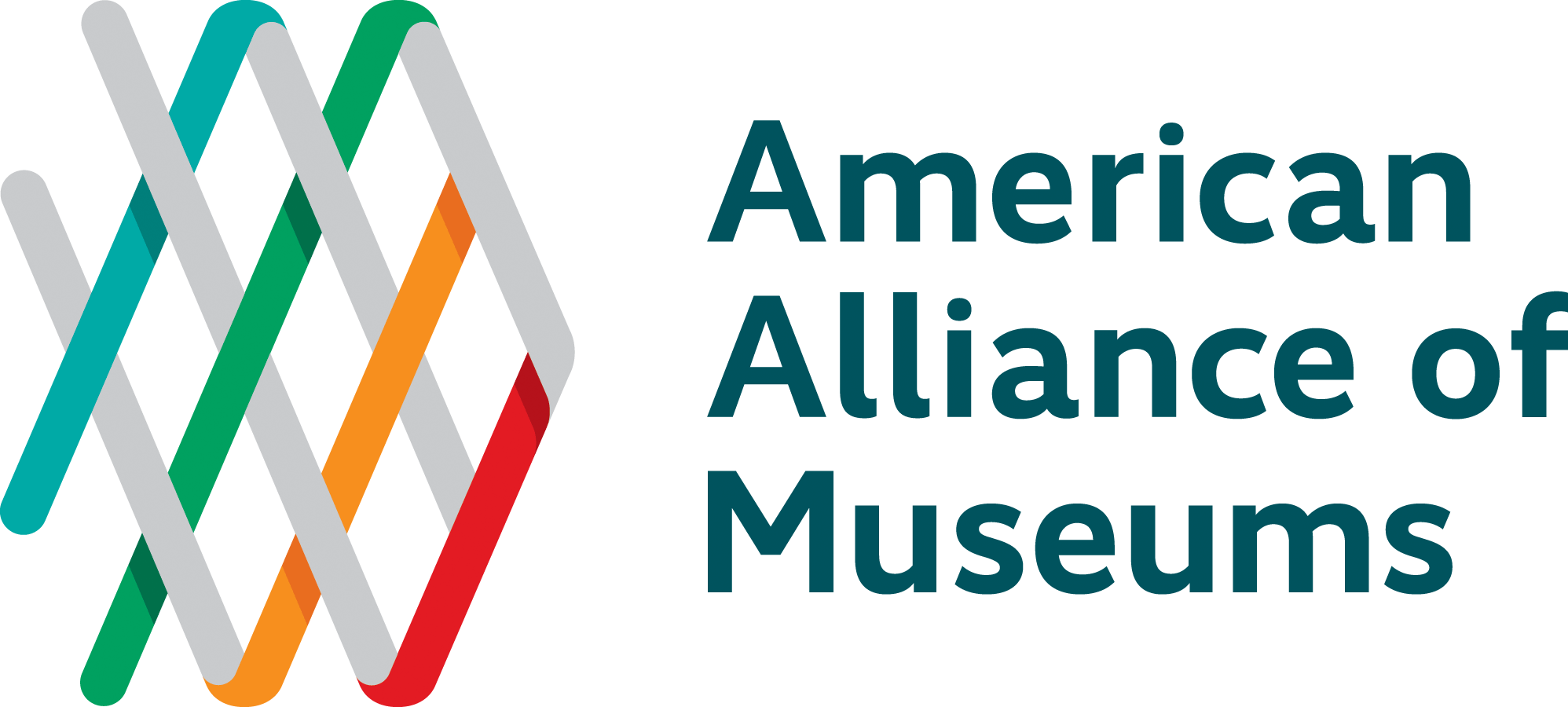





Recent Comments